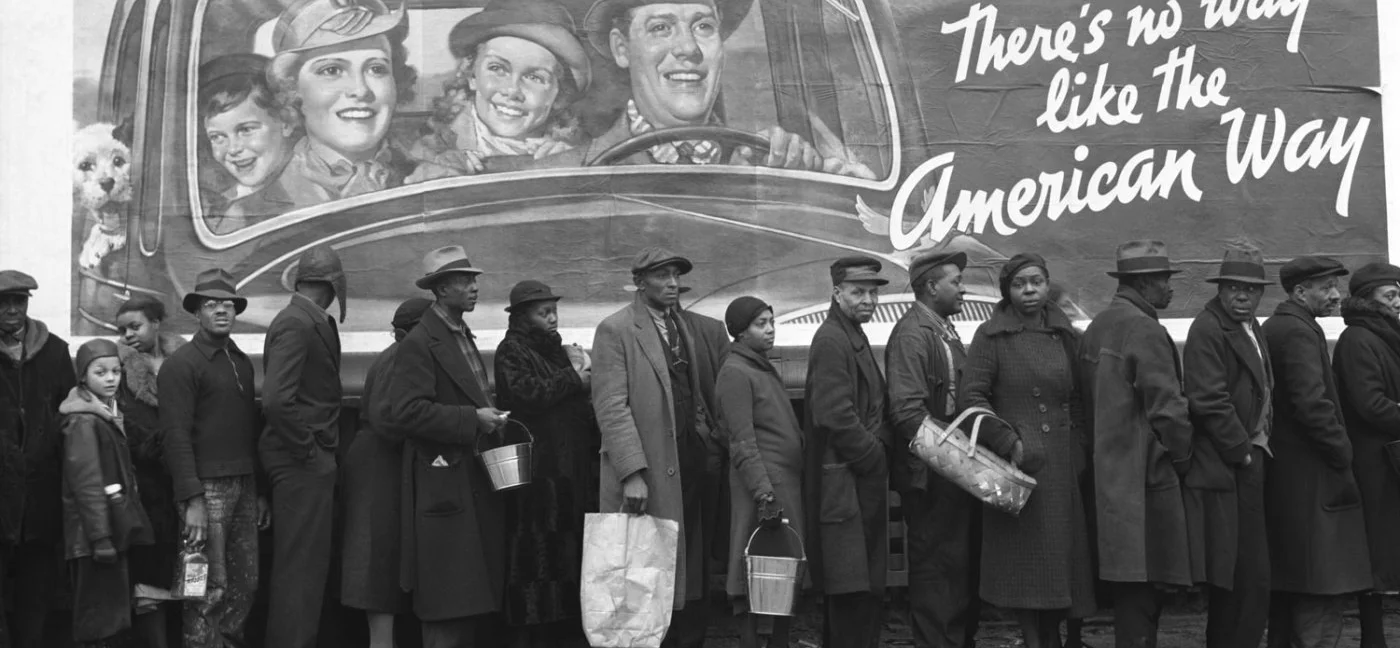This period of history was marked by turmoil, as Europe struggled to recover from the devastation of the First World War. Later a period of considerable prosperity (the Roaring Twenties) followed, but this changed dramatically with the onset of the Great Depression in 1929. It was during this time that the Weimar Republic in Germany gave way to two episodes of political and economic turmoil, the first culminated in the German hyperinflation of 1923 and the failed Beer Hall Putsch of that same year. The second convulsion, brought on by the worldwide depression, resulted in the rise of Nazism. In Asia, Japan became an ever more assertive power, especially with regards to China.
League of Nations
- International cooperative organization
- Established to prevent future wars
- United States not a member
- Failure of League because it did not have power to enforce its decisions
The mandate system
- The system was created to administer the colonies of defeated powers on a temporary basis.
- Franceand Great Britain became mandatory powers in the Middle East.
- During World War I, Great Britain and France agreed to divide large portions of the Ottoman Empire in the Middle East between themselves.
- After the war, the “mandate system” gave Great Britain and France control over the lands that became Iraq, Transjordan, and Palestine (British control) and Syria and Lebanon (French control).
- The division of the Ottoman Empire through the mandate system planted the seeds for future conflicts in the Middle East.
Causes of worldwide depression
- German reparations
- Expansion of production capacities and dominance of the United States in the global economy
- High protective tariffs
- Excessive expansion of credit
- Stock Market Crash (1929)
Impact of world depression
- High unemployment in industrial countries
- Bank failures and collapse of credit
- Collapse of prices in world trade
- Nazi Party’s growing importance in Germany; Nazi Party’s blame of European Jews for economic collapse
U.S.S.R. during the Interwar Period—Joseph Stalin
- Entrenchment of communism
- Stalin’s policies (five-year plans, collectivization of farms, state industrialization, secret police)
- Great Purge
Germany during the Interwar Period—Adolf Hitler
- Inflation and depression
- Democratic government weakened
- Anti-Semitism
- Extreme nationalism
- National Socialism (Nazism)
- German occupation of nearby countries
Italy during the Interwar Period— Benito Mussolini
- Rise of fascism
- Ambition to restore the glory of Rome
- Invasion of Ethiopia
Japan during the Interwar Period— Hirohito and Hideki Tojo
- Militarism
- Industrialization of Japan, leading to drive for raw materials
- Invasion of Korea, Manchuria, and the rest of China
CLIP ONE: THE LEAGUE OF NATIONS

















